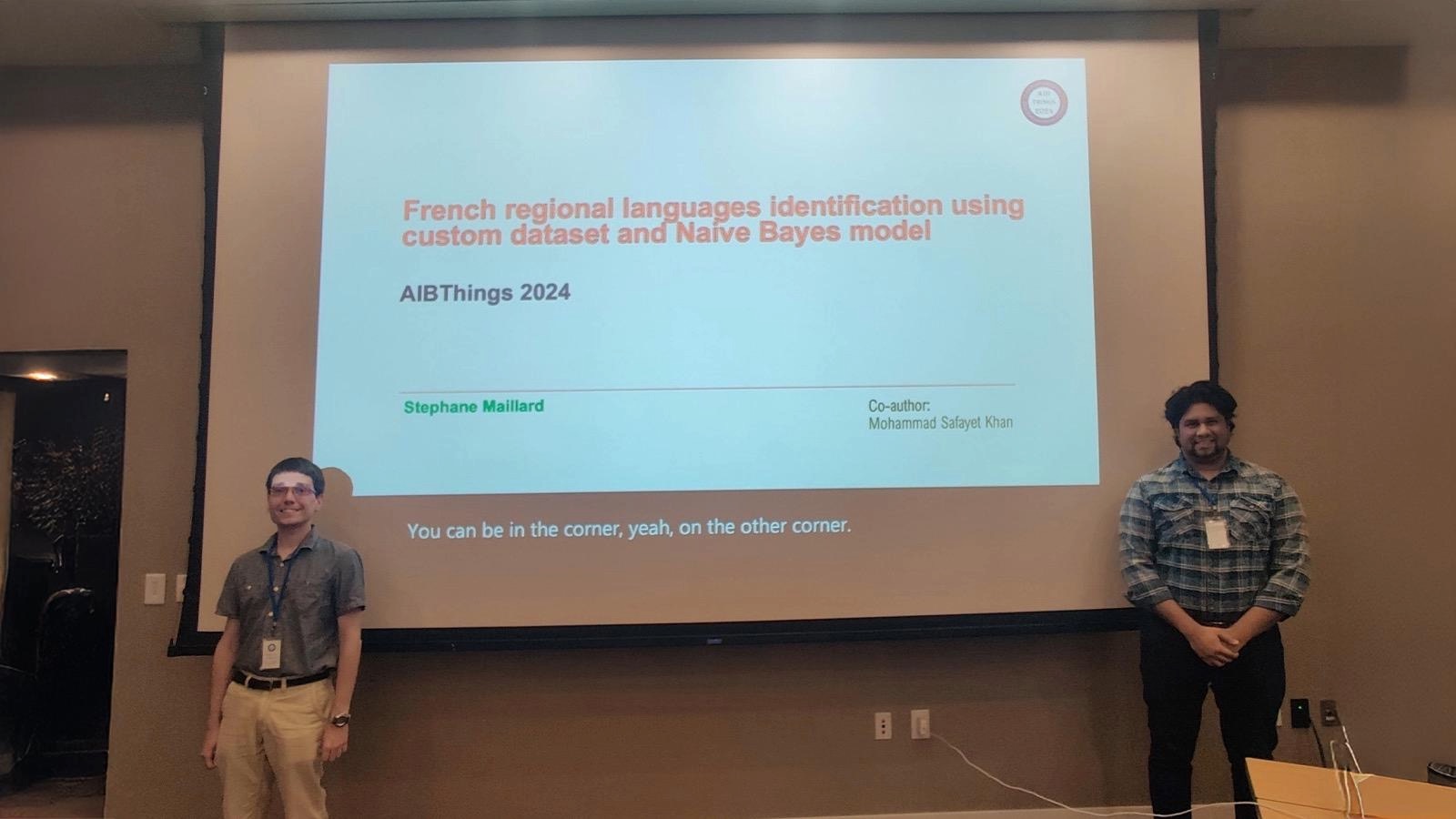
Start up
Passion. Potential. Pitches. Don't miss any of the 2025 New Venture Challenge excitement.
Tune in Friday, April 11 at 1 p.m. for great ideas and fierce competition. Then, join the judges, mentors, spectators and teams as they see who is going home with thousands of dollars in venture financing. The awards broadcast begins at 6:30 p.m. and one team will walk away as the overall best venture.
Central Michigan University’s College of Business Administration is the home of the Isabella Bank Institute for Entrepreneurship and the first Department of Entrepreneurship in the state of Michigan. We are a student-centric hub where experiential, curricular, and external entrepreneurial opportunities intersect.
Our mission is to maximize student success by fostering a campus-wide entrepreneurial mindset that promotes inter-disciplinary collaboration and the creation of new ventures.
We aim to create innovative programming, boost cross-campus and ecosystem collaboration and provide a comprehensive mentoring program.
Our institute provides extracurricular opportunities and is open to all undergraduate and graduate CMU students.
Are you interested in becoming an entrepreneur?
Every journey is unique. Explore the opportunities that interest you.
Breaking barriers in AI and linguistics, Stephane Maillard, a recent graduate from Central Michigan University’s computer science master’s program, captivated audiences with his presentation on his published paper, “French Regional Languages Identification Using Custom Dataset and Naive Bayes Model.” This paper was initially presented at the AIBThings 2024 Conference in September at CMU and was recently published by the Institute of Electrical and Electronics Engineers.

Language identification models like Maillard’s are crucial for accurate translation systems. Before a text can be effectively translated, first, it must be correctly identified, especially when dealing with languages that share similarities. This research has practical implications for improving machine translation and communication tools, making digital content more accessible to speakers of lesser-known languages.
Maillard’s research, co-authored with CMU student, Mohammad Safayet Khan, stemmed from a class assignment in an artificial intelligence course at CMU. While many language identification models exist for major languages like English, French, and German, he identified a significant gap when it came to regional French languages. His work focused on five written regional languages, Alsatian, Basque, Corsican, Breton, and Occitan, spoken by over a million people in France.
Maillard built his own database from scratch, which achieved impressive results outperforming existing models. One of the key strengths of his model is its training speed; while other systems can require hours of computing power, his model was trained in around 30 seconds.
Looking ahead, Maillard envisions applying his model to other low-resource languages and incorporating different alphabets. His experience at AIBThings was invaluable, allowing him to connect with researchers worldwide. With two research papers published within a year, his rapid success in academia has taken even him by surprise. “This experience has been incredible,” he said. “I never expected my first paper to be accepted right away, but it’s just the beginning.”

Explore special opportunities to learn new skills and travel the world.

Present your venture and win BIG at the New Venture Challenge.

Boost your entrepreneurial skills through our workshops, mentor meetups and pitch competitions.

Learn about the entrepreneurship makerspace on campus in Grawn Hall.

Present a 2-minute pitch at the Make-A-Pitch Competition and you could win prizes and bragging rights!

Connect with mentors and faculty who are here to support the next generation of CMU entrepreneurs.

Are you a CMU alum looking to support CMU student entrepreneurs? Learn how you can support or donate to the Entrepreneurship Institute.